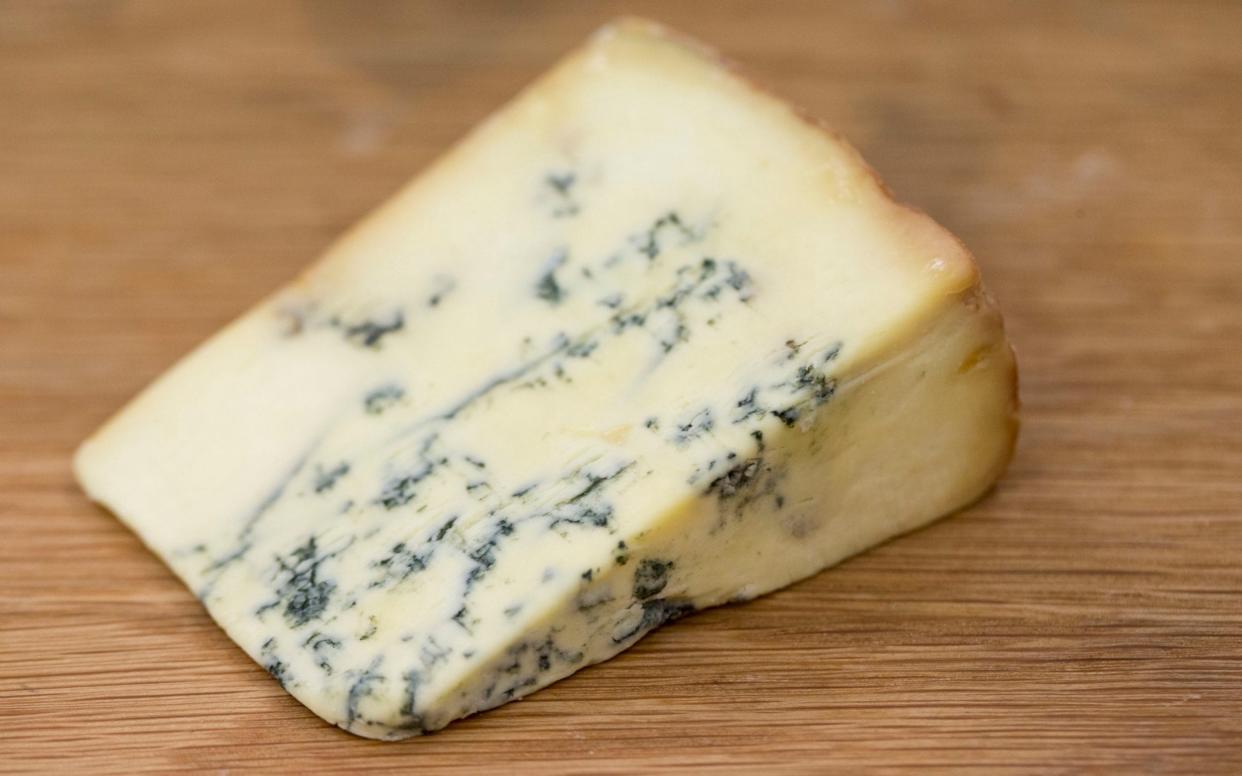British food and drink to be given authenticity logos to stop foreign copy-cat versions after Brexit

British food and drink is to be given authenticity logos in order to differentiate the products from copy-cat versions after Brexit.
There has been concern from traditional food producers that once the UK leaves the EU, the names of the food they produce such as Stilton and Melton Mowbray pork pies will not be protected.
The government has now released the logos it will be stamping on British food products to show customers that they are the real deal.
At the end of the Transition Period, the new and independent Geographical Indications (GI) schemes will make sure that popular and traditional produce from across the country will be granted special status to mark out their authenticity and origin, for example Scotch whisky and Welsh lamb.
The Department for Environment, Food and Rural Affairs (Defra) said that producers whose foods are granted GI status will benefit from intellectual property protection so that others cannot imitate them.
GI foods represent around a quarter of UK food and drink exports by value, approaching £6bn in export value in 2019.
Nicholas Rodda, Managing Director, Rodda’s Creamery said: “The UK is celebrated for producing some of the very best food and drink in the world. The new GI status will not only strengthen the authenticity of our Cornish clotted cream on a global stage, but also provide new opportunities for our business conversations internationally.
“We were delighted to be involved in the development of the GI logos, ensuring the prestigious nature of the PDO is represented within the new designs. The new GI status will ensure consumers can continue to enjoy Cornish clotted cream with knowledge that it has been made in Cornwall, with Cornish milk and crafted using traditional methods.”
This scheme will replace the EU's scheme, which protects around 1,400 foods, wines, and spirits from imitation. The system means that, for example, Champagne can only be produced in the eponymous French region, and Feta cheese only made in particular areas of Greece. 65 British products, including traditional Cumberland sausages, Jersey royal potatoes and Plymouth gin, currently benefit from the protected EU status.
The government has set out three UK GI logos. which mark each designation of geographical indication. These are: protected designation of origin (PDO), protected geographical indication (PGI), and traditional speciality guaranteed (TSG).
Defra officials said legislation laid down in Parliament on Thursday will both legally protect the products and ensure continued protection of existing UK-origin GIs and non-UK GIs agreed through trade agreements.
The government added that it is trying to increase the number of GIs through free trade agreements, arguing that there is demand for them in countries including Japan.
It pointed out the recently announced UK-Japan Comprehensive Economic Partnership Agreement increased GIs from just seven under the terms of the EU-Japan deal to potentially over 70.


